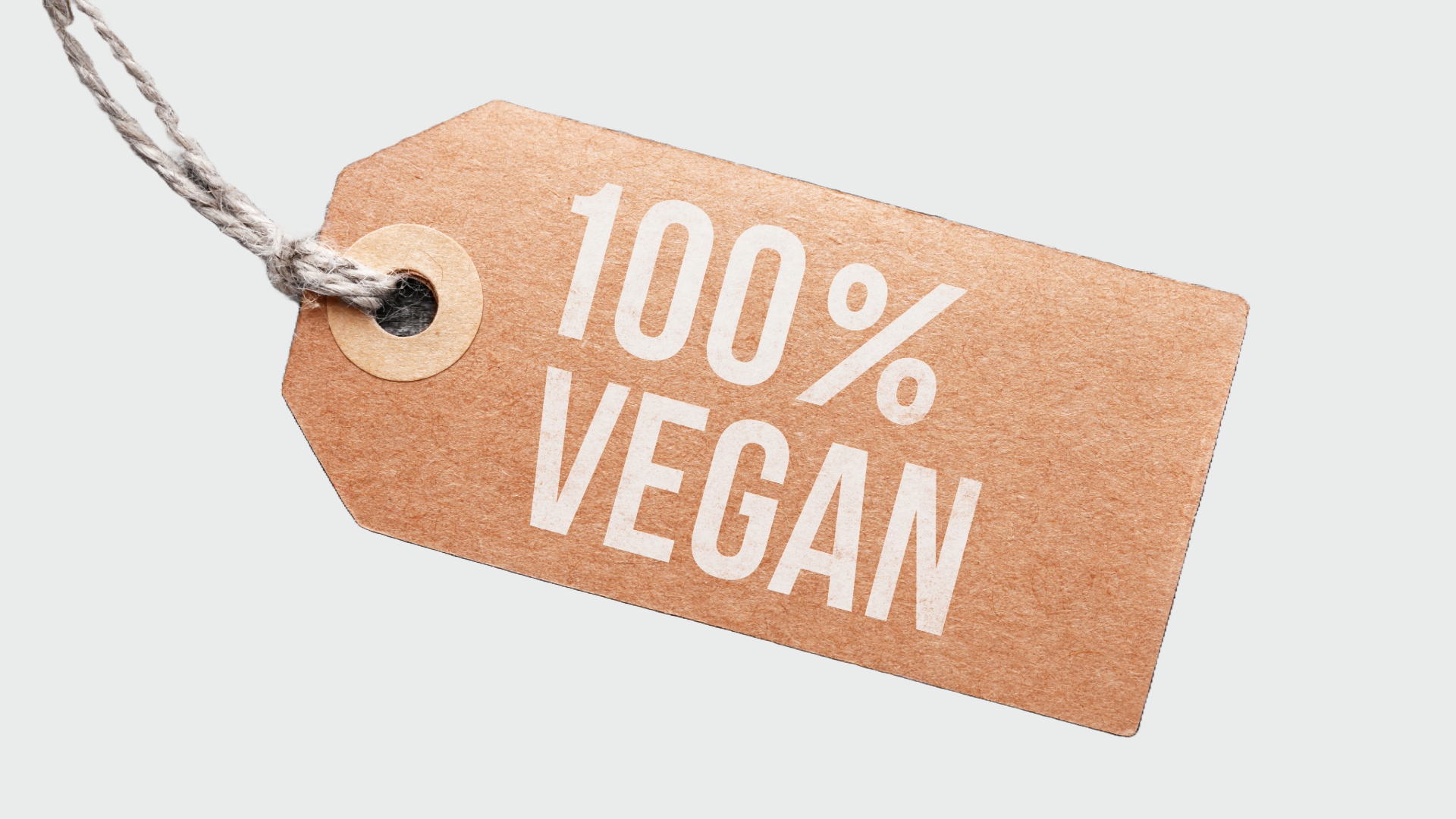Unlocking the Value of Combination Therapies



The Office of Health Economics, in a research project funded by the Pharmaceutical Oncology Initiative (POI), has published a report entitled: Extrapolation from Progression Free Survival to Overall Survival in Oncology. The Office of Health Economics, in a research project…
The Office of Health Economics, in a research project funded by the Pharmaceutical Oncology Initiative (POI), has published a report entitled: Extrapolation from Progression Free Survival to Overall Survival in Oncology.
The Office of Health Economics, in a research project funded by the Pharmaceutical Oncology Initiative (POI), has published a new report entitled: Extrapolation from Progression Free Survival to Overall Survival in Oncology.
A clinical endpoint is an aspect of a patient’s clinical or health status that is measured to assess the benefit or harm of a treatment. It aims to measure the impact on how a patient feels, functions and survives.
The increase in the length of overall survival (OS) is the ‘gold standard’ endpoint for clinical trials assessing the efficacy of cancer treatments. However, measuring OS often requires a large number of patients and long follow-ups. This may involve considerable cost and perhaps more importantly, delay patients’ access to new cancer drugs.
If an endpoint that is highly correlated with OS can be measured much earlier, it can be used as a surrogate for OS. The most common surrogate used in oncology is progression-free survival (PFS), which for some cancer types and especially for later-line therapies, has a high correlation with OS. On the other hand, if PFS and OS are not strongly correlated, the use of PFS as a surrogate for OS may lead to treatments with large survival gains being rejected or treatments with small or even negative survival gains being accepted.
Regulatory decision-makers, such as EMA and FDA, have used PFS as the basis for marketing approval of some new therapies. However, there are concerns in the scientific community regarding the validity of PFS as a surrogate for OS. Factors such as crossover from control to experimental arms in clinical trials as well as the effect of subsequent therapies may distort the relationship between PFS and OS. In addition, some new therapies may slow tumour growth considerably, but with little or no initial tumour shrinkage. Even though PFS and OS may not be highly correlated in such circumstances, such a therapy may be many patients’ best option.
The report contains a literature review analysing the use of extrapolating PFS to OS in oncology as well as determining key limitations, weaknesses and gaps in the current literature and methods used to test PFS surrogacy. The review shows that the validity of surrogates is affected by multiple factors such as cancer type, drug mechanism of action, phase of development, year of the trial, subsequent treatments and stage of the disease.
The second section of the report reflects the experience and opinions of relevant experts (policy makers, academics, and industry representatives) collected during a workshop and a series of interviews. There was a suggestion that NICE does not always use a surrogate outcome in its analysis if it believes that direct extrapolation of OS gives sufficient accuracy to allow for good adoption decisions to be made.
Finally, the authors review methodological advances in the statistical theory of surrogacy, and current thinking of surrogacy as an economic question rather than a clinical effectiveness question. Economic analysis could also place surrogate endpoints into a value-of-information framework. The key question is: how much information should be collected before a decision is made on the adoption (or otherwise) of a treatment?
Access the full report here.
For more information contact Karla Hernandez-Villafuerte at OHE.
An error has occurred, please try again later.
This website uses cookies so that we can provide you with the best user experience possible. Cookie information is stored in your browser and performs functions such as recognising you when you return to our website and helping our team to understand which sections of the website you find most interesting and useful.
Strictly Necessary Cookie should be enabled at all times so that we can save your preferences for cookie settings.
If you disable this cookie, we will not be able to save your preferences. This means that every time you visit this website you will need to enable or disable cookies again.
This website uses Google Analytics to collect anonymous information such as the number of visitors to the site, and the most popular pages.
Keeping this cookie enabled helps us to improve our website.
Please enable Strictly Necessary Cookies first so that we can save your preferences!



